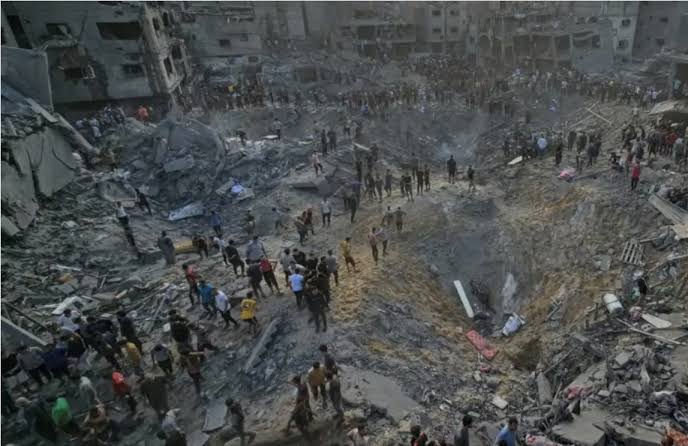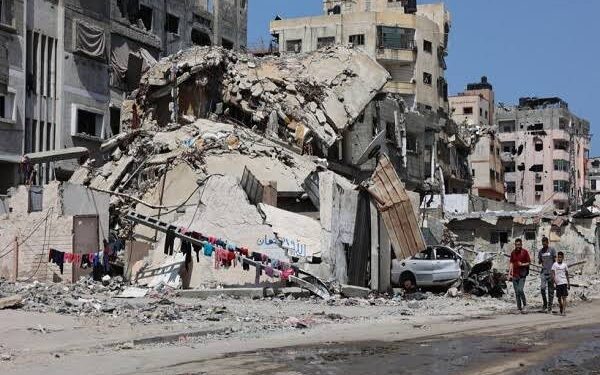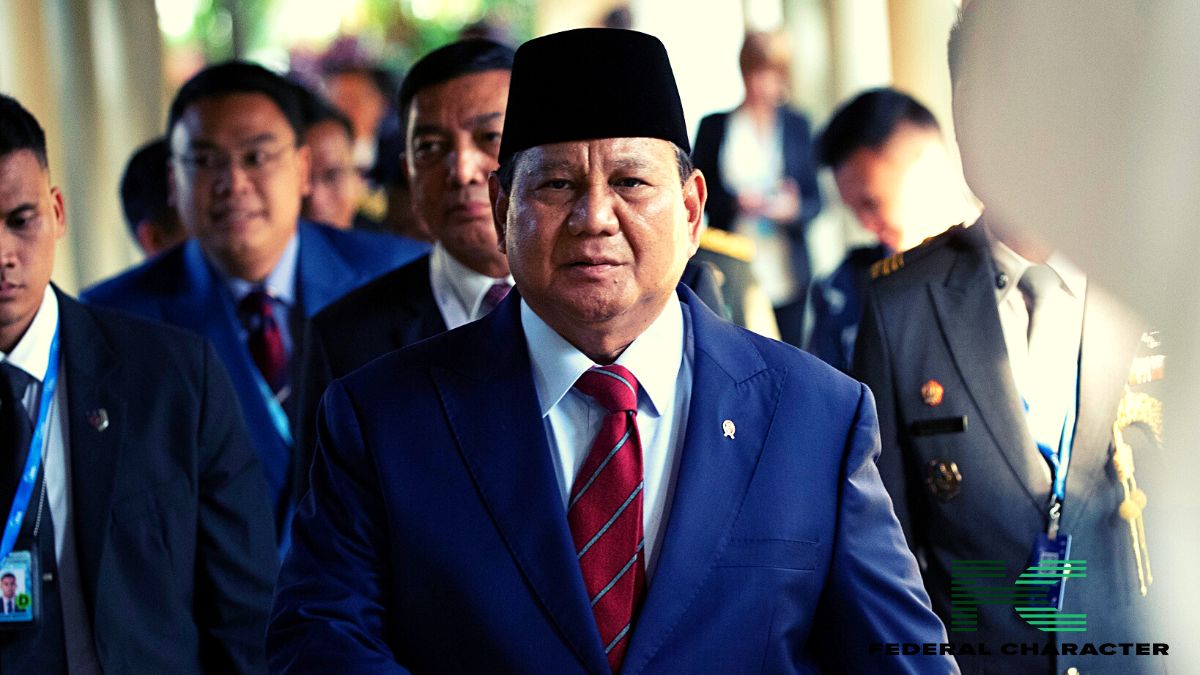Ceasefire talks in Gaza have been ongoing for months, with frequent stalls due to disagreements on key issues. However, negotiations resumed on Saturday in Cairo, where mediators from Egypt, Qatar, and the United States sought to bridge the gaps between Israel and Hamas amid worsening humanitarian conditions reported by the U.N. These conditions include a sharp increase in malnutrition and the discovery of polio in the Palestinian enclave.
On the same day, Israeli military strikes in Gaza resulted in the deaths of 50 people, according to Palestinian health authorities. Many victims remained trapped under rubble or lying on roads due to ongoing hostilities.

A Hamas delegation arrived in Cairo on Saturday to be closer to the discussions and review any proposals emerging from the main talks. Egyptian sources revealed that new compromise proposals are being considered, particularly on securing key areas and the return of people to northern Gaza. However, no significant progress has been made on major sticking points, such as Israel’s demand to retain control of the Philadelphi Corridor on the Gaza-Egypt border.
Hamas has accused Israel of stalling negotiations and reneging on previous agreements, accusations that Israel denies. Tensions are also high within Israel, where Prime Minister Benjamin Netanyahu is reportedly at odds with ceasefire negotiators over whether Israeli troops should remain stationed along the Gaza-Egypt border.
A Palestinian official involved in the mediation efforts noted that it is still too early to predict the outcome of the talks.
“Hamas is there to discuss the outcome of the mediators’ talks with the Israeli officials and whether there is enough to suggest a change in the Netanyahu stance about reaching a deal,” the official stated.
Although the prospect of renewed talks with Hamas participation brings hope of a resolution, the outcome remains uncertain. The involvement of key international players and the dire humanitarian situation in Gaza explains the urgency of reaching an agreement. Continuing hostilities will only exacerbate the suffering of civilians, making a swift resolution all the more critical.















